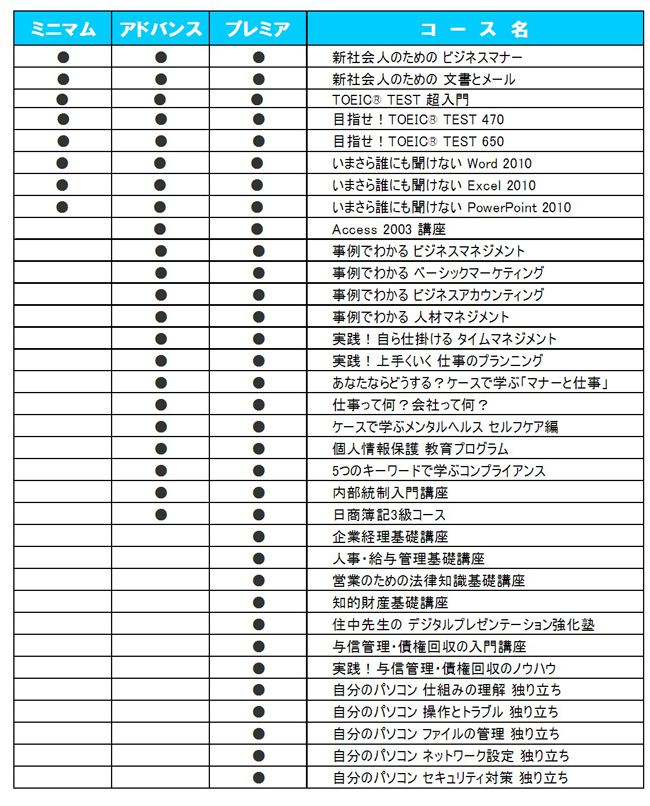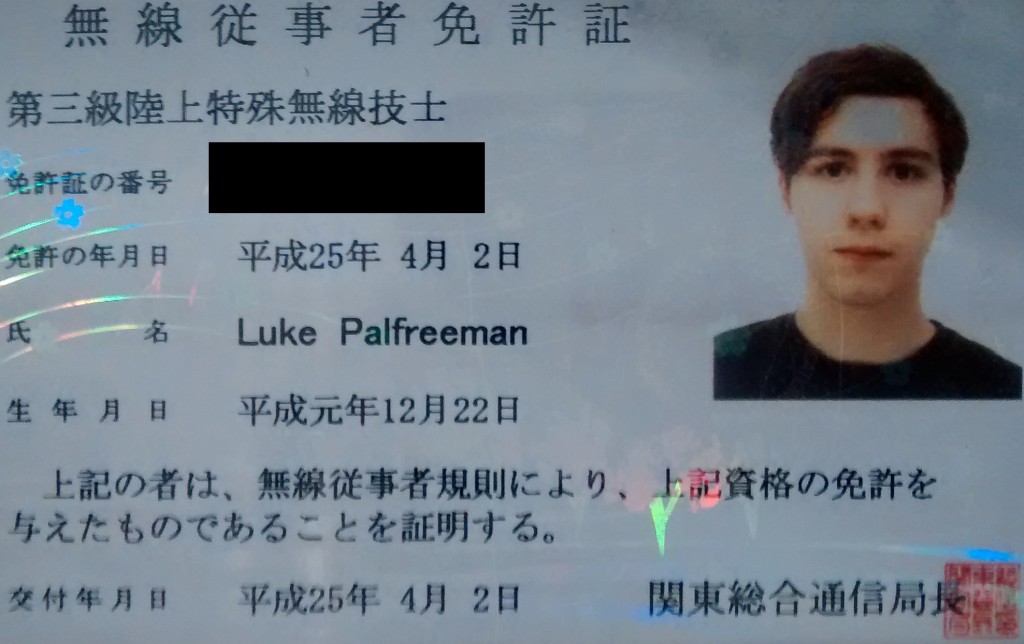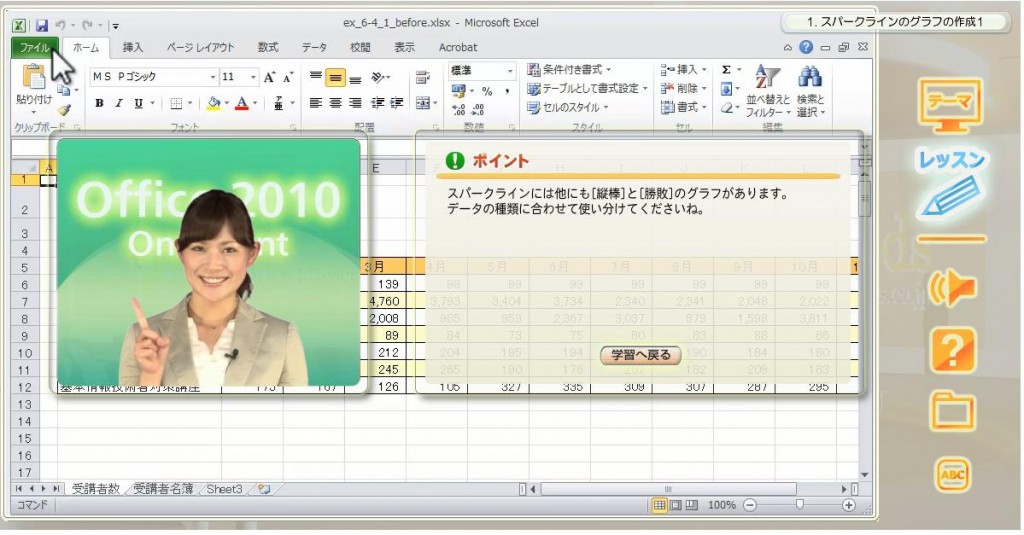
Training in a Japanese Company Part 1 – The Post Entry Training Period

The Beginning of the End
Hello Ladies and Gentlemen, Boys and Girls. This is IT! This is the theme that got everything rolling. The big bang for Wijapan. It is the topic I always wanted to write about and the one I also wanted to avoid, due to it often bringing up un-pleasurable memories.
Now working in a Japanese company is one HELL of a big theme. We haven’t got that many articles here at Wijapan (YET!) but quite a few of them touch on working in a Japanese company. Jamie has introduced some of the annoyances to be found with everyday life here such as the good old hanko and your truly has talked about the diet surrounding working in a Japanese company and also a general outline of how to apply to one .
I would say though, more than anything that happens in the day to day life of working here, what has had the most lasting impression on me was the first two months, namely the kyouikukikan, the ‘training period’.
My first two months in a Japanese company were so mind boggling and shocking, that it made me realize that even though I had majored in Japanese language and culture for 4 years at university, spent one year living here as an exchange student and 6 months working for Mercedes Benz in Tokyo with many Japanese staff, I really knew nothing about what goes on in a traditional Japanese company or what it is like to work for one. I also think that unless you have experienced being here (or read this blog) you will never know.
Fellow blogger Andrei (who has a rather awesome site about commuting on man greatest invention here in Tokyo, the bike ) commented on the post about finding a job in Japan:

As you can see it is not just we here at Wijapan where the initial training period has had some lasting impressions (scared for life) on us….or at least I did.
So here it goes, I am going to pull up all my repressed memories and take you through the wild roller coaster ride of what happens in the first few months of joining a Japanese company.
Surprisingly the training period for many companies will begin before you even start working there. Yep, you read that right folks. Assuming you have been given the naitei, job offer, then even if you aren’t getting a wage yet, as far as the company is concerned you are an employee and in need of some education! Pink Floyd wouldn’t stand a chance.
E-Learning
Ah the internet, how I love thee. Possibly the most revolutionary invention of the modern age. The possibilities are endless and it allows us to connect to an almost infinite amount of knowledge. While many of the procedures in a Japanese company are still very old fashioned (Looking at you again hanko) Japanese companies have caught onto the fact that the internet can be used for great things. Great things in this case being hours of awesome work related studying. YAY!
Many Japanese companies make a specific naitei site, where those who are going to join the company (generally at fixed periods of April or October for new employees) have a place to interact, introduce themselves and have a good old natter. It will also often have a section called e-learning.
This is a section where soon to be employees can learn some of the key skills that the company feels they will require. In my company’s case these were: using Microsoft Excel (Japanese companies LOVE excel, you have been warned) and also writing correct business e-mails (an entire section about writing e-mail in Japanese…brings back fond memories of Japanese language classes at University). Popular topics that other companies often include in their e-learning are IT skills (Microsoft office suite), English language learning and business e-mails. Below is a lovely list of the main courses offered by one e-learning service.

The focus being English skills, Microsoft office training, Business Skills (business manner, business writing, business management etc.), as well as other specific sales, IT related courses for the ‘premium’ option. Essentially the foundation skills that make any great modern day salaryman…apparently
Now I am all for learning a new skill and I like to go at my own pace but many of the e-learning courses will have a very tight deadline. Also many of the future lessons won’t be accessible unless you have cleared earlier courses and tests. So rather than the material acting as a reference where you can improve skills in areas where knowledge is lacking and skip over sections that you already know about you have to sit through every lesson and pass every test to progress (an entire 1 hour lesson on copy and pasting! Come on!). Not the most effective system, especially as the course I had to take had around 42 lessons to work through.
Here is a sample lesson from the very course I used. Be warned it is about as fun as hitting yourself in the face but it is thanks to this kind of training that I can now make advance excel spread sheets that would make Bill Gates envious.
Oh yes, Japanese lady girl. You will be seeing a lot of that patronising excel goddess
While it may seem that this e-learning is for personal development and so optional, in reality it is not. As mentioned earlier, though you are not technically employed or receiving a wage, if the company gives you access to some training and a time frame. Even if they don’t specifically state you must complete it before you start, you generally do have to. This fact was unknown to me and although I made a fine effort in completing all the material (getting to around 80% because I had not technically made it to the end) I had to hand in an apology letter (together with about 5 others of my douki, people who entered the company the same time as me) on my first day at work (!). Apologizing for not making the most of the opportunity for learning that was so graciously presented to me. In fairness, I have had worse ‘first days’.
External Exams
For many industries the above e-learning is all the education that one requires before starting at the company and undertaking the ‘official’ company training. However for certain specialized industries you may require certain qualification before that in order to do technical work or further training at a later date. While you would think that such training would be done AFTER , for the sake of time saving it would seem companies ask employees to get at least the basic qualifications before hand.
So what kind of qualifications am I talking about? Well if you apply to a brokerage, bank or insurance company you will need qualifications such as JSDA (Japan Securities Dealers Association) Securities Sales Representative exam or level 3 accounting skills from the Economic Legal Research Institute,. In my case I needed to pass a wireless exam (the level 3 Radio Operator from the appropriately named Japan Radio Institute). A skill for life, right there.

Have a wireless rated problem? Luke Palfreeman at your service!
Looking back on my personal experience, the exam was generally pretty easy and support was given. Somebody at HR described the exam we all had to take as ‘impossible to fail’ as long you went to the day crash course (which they paid for) and indeed it was pretty hard to fail (though there were people who did!). Of cause doing an exam aimed at adults in Japanese is always going to be daunting for us non-natives, if you are going to a Japanese company the thing you have to get used to and learn pretty soon, is that when it comes to tests, qualifications and rules, you are treated the same as everyone else!
You are now finally ready to start at the company! Congratulations! Who would have thought it would have been so complicated. I know I didn’t. Unfortunately the training that is going to take place after you enter is going to make any kind of e-learning or external exam you’ve already done look like a day in Disney Land in comparison.
The first of these post entry training periods for many being gasshuku, which I can only describe as some kind of salaryman boot camp (gasshuku meaning training camp and often something done with extra curriculum clubs at schools etc.). Salaryman boot camp however is hell on earth and had me on my knees begging for mercy. The single longest week of my young beautiful life.
The next article in this series will be devoted to this single week experience. Yep, it is that big of a thing. As a taster of what to expect enjoy the video below showing some experiences of business style gasshuku. LOOK AT THE TEARS! FEEL THE EMOTION! (And epic guitar music….)
Have you had any experience going through some pre-work training programme? Do you wish your company did actually offer training like this? Let me know in the comments!






4 Comments
Marl Juns
What’s up, I have noticed that on occasion this website renders a 403 error. I figured that you would like to know. Regards
Luke Palfreeman
Hi Marl! Thanks for the comment. We were un-aware about the 403 error. It is possible that is was produced due to visiting the site when a plugin or other component was being updated. Either way we will look into the problem! Thanks again.
Wayne
Random question
Are the external exams all in japanese or is english option also available?
Luke Palfreeman
Hi Wayne, thank you for the questions and stopping by. I imagine it would depend on which external exam the company would want you to take. If it is anything technical (like the one I had to take) which would only apply to Japan then I imagine it would only be available in Japanese but for something universal such as coding there is a possibility that an English option would be available. It would all depend on which organization was running the exam and what their policy was.
TBH unless you are applying to a domestic Japanese company, must international global companies that would need you to take an external exam will no doubt be using exams which will offer an English option.
Hope that helps Wayne and if you have anymore questions please let me know!
Luke